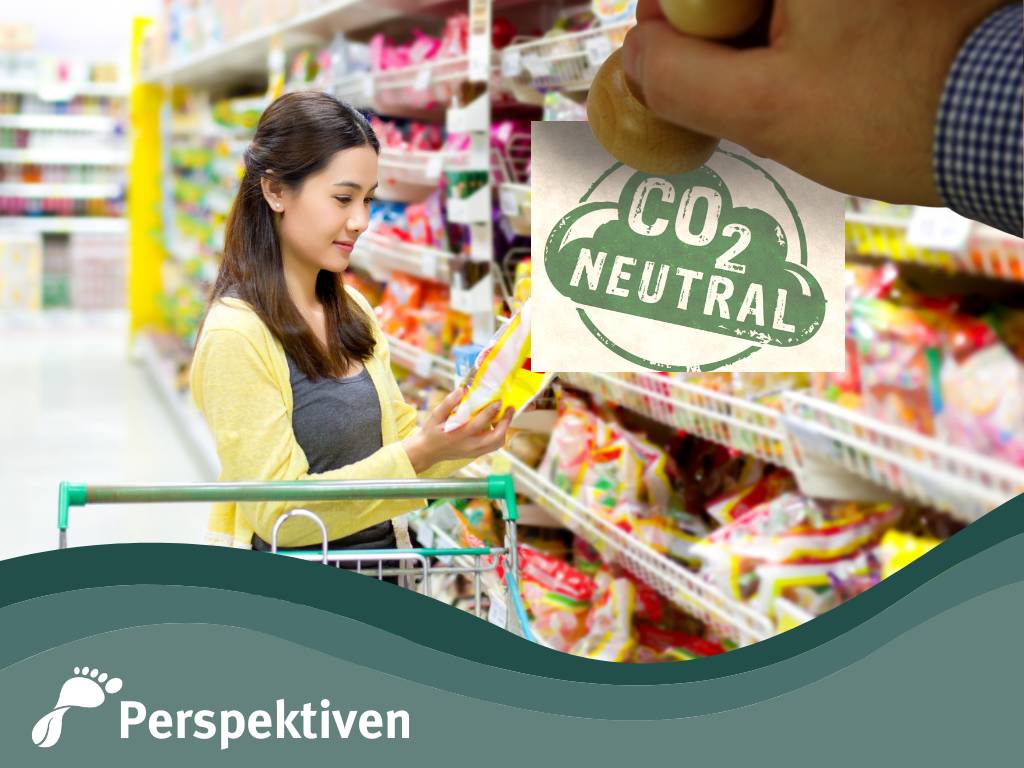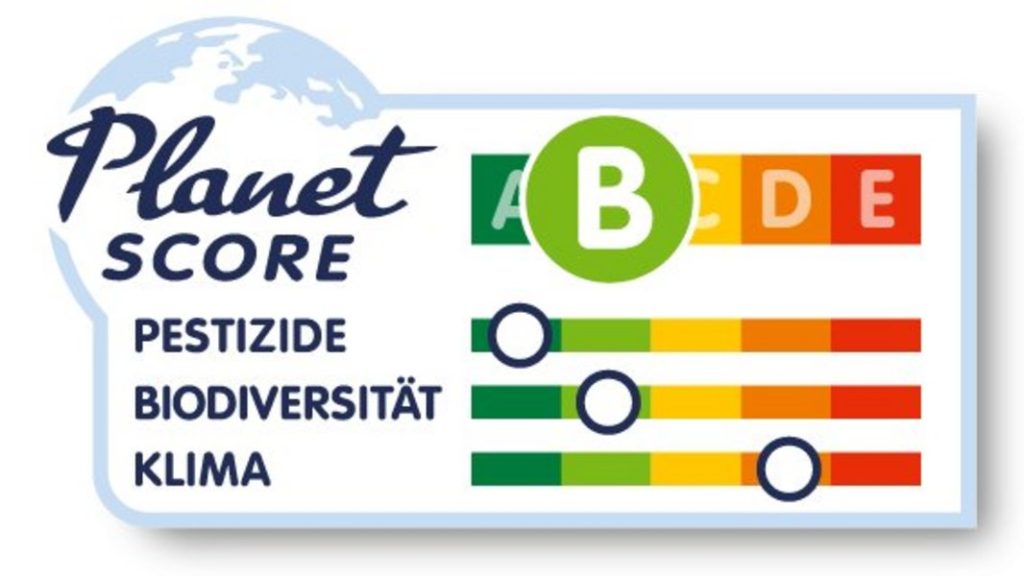Stop food greenwashing

More and more products in our supermarkets are emblazoned with slogans such as "climate-neutral", CO2-positive or "climate-positive company" and so on. In a recent investigation into these misleading advertising messages, the non-profit organization foodwatch Germany found that they say nothing about the actual climate friendliness of a product.
It's all just a "joke"
"Many people want to counteract the climate crisis with their consumption, and companies are shamelessly exploiting this," says Lisa Kernegger, head of foodwatch Austria and ecologist, about the climate labels.
These climate labels make consumers believe that production has no harmful effects on the climate and thus exploit the need to make a small contribution to achieving climate targets with their purchase. The fact is that every production process generates greenhouse gases that cannot be reversed.
"In order to label products as climate-neutral, manufacturers buy CO2 credits from supposed climate protection projects via seal providers," says foodwatch.
Companies don't even have to reduce them, no, they simply buy emissions certificates from climate protection projects to offset their own CO2 emissions. However, this compensation should be viewed with skepticism because many projects do not deliver what they promise. The situation is particularly implausible when it comes to particularly CO2-intensive products such as meat.
Planet score instead of greenwashing
This is why foodwatch is calling for an EU-wide regulation. The so-called "Planet Score" as a counterpart to the "Nutri-Score" would be a real alternative to the dubious climate labels and would undermine them. It was developed in France by the French Research Institute for Organic Agriculture and Food (ITAB), among others, to assess the environmental sustainability of food, based on an initiative by 16 French consumer protection and environmental associations.

Image ©️ITAB
The Planet Score focuses on the impact of pesticides, effects on biodiversity and the climate in its assessment. Other criteria include soil compatibility, animal welfare and the use of agricultural practices.
"The Planet Score paints a more differentiated picture of the sustainability of a food product," says Judith Moog, owner and managing director of the Bio Planète brand.
Like the Nutri-Score, it would be divided into a colored traffic light system and rated from "A" as environmentally friendly to "E" as very harmful to the environment.
Our pro.earth. conclusion: The current climate labels are all not very trustworthy. We therefore welcome the introduction of the Planet Score as an easy-to-understand, helpful tool for us consumers and hope that this will soon be implemented by politicians.
Link: foodwatch climate report 2022






